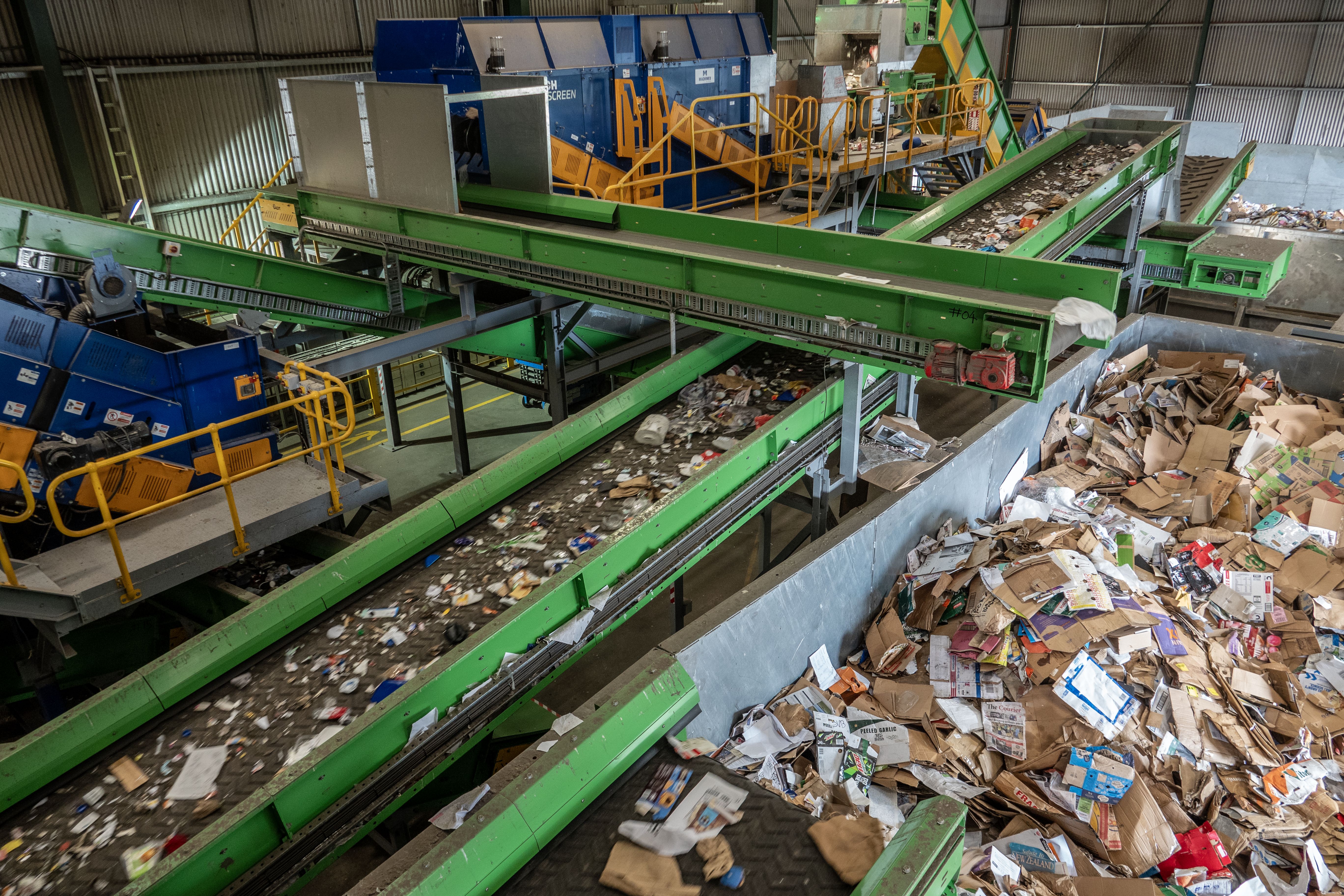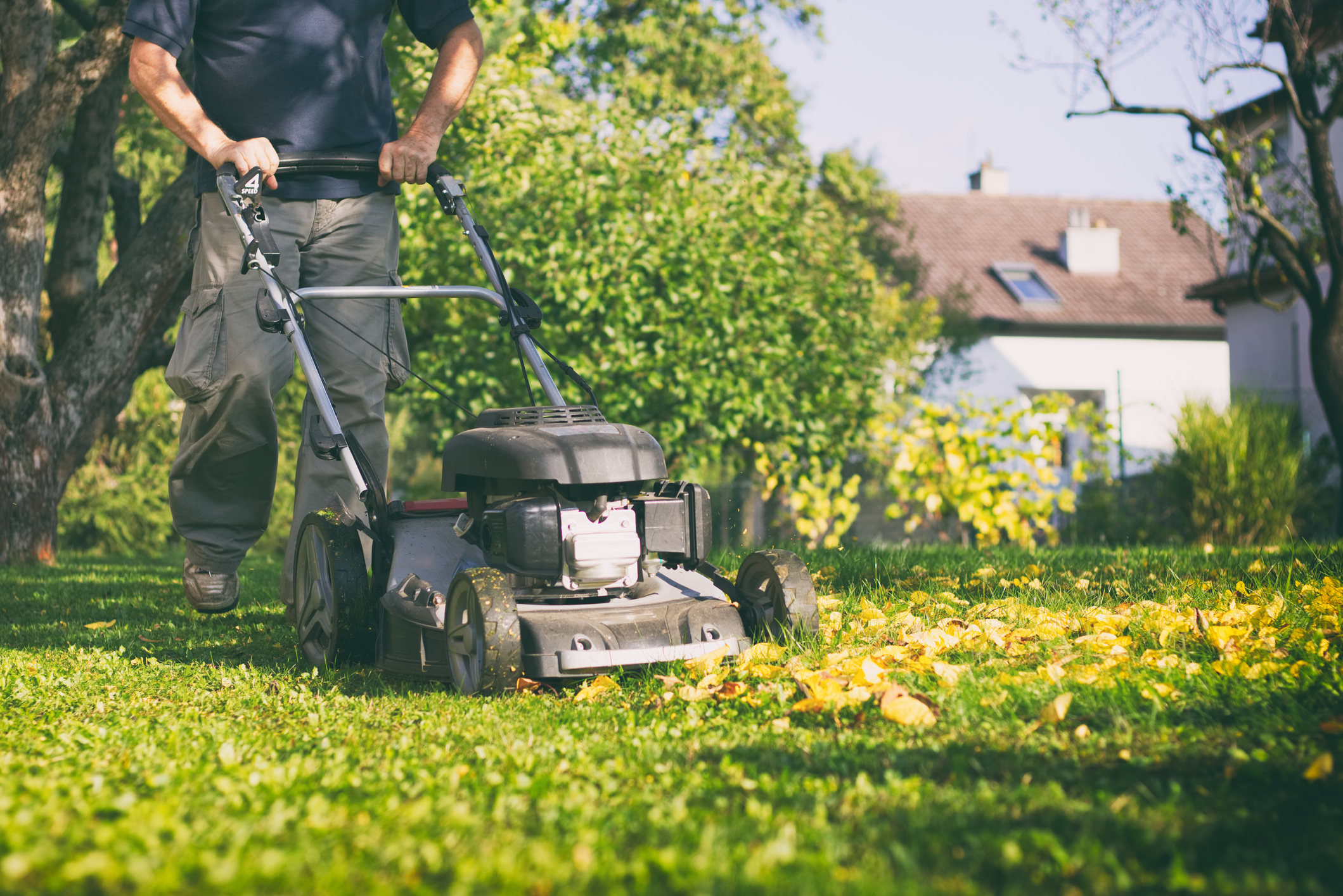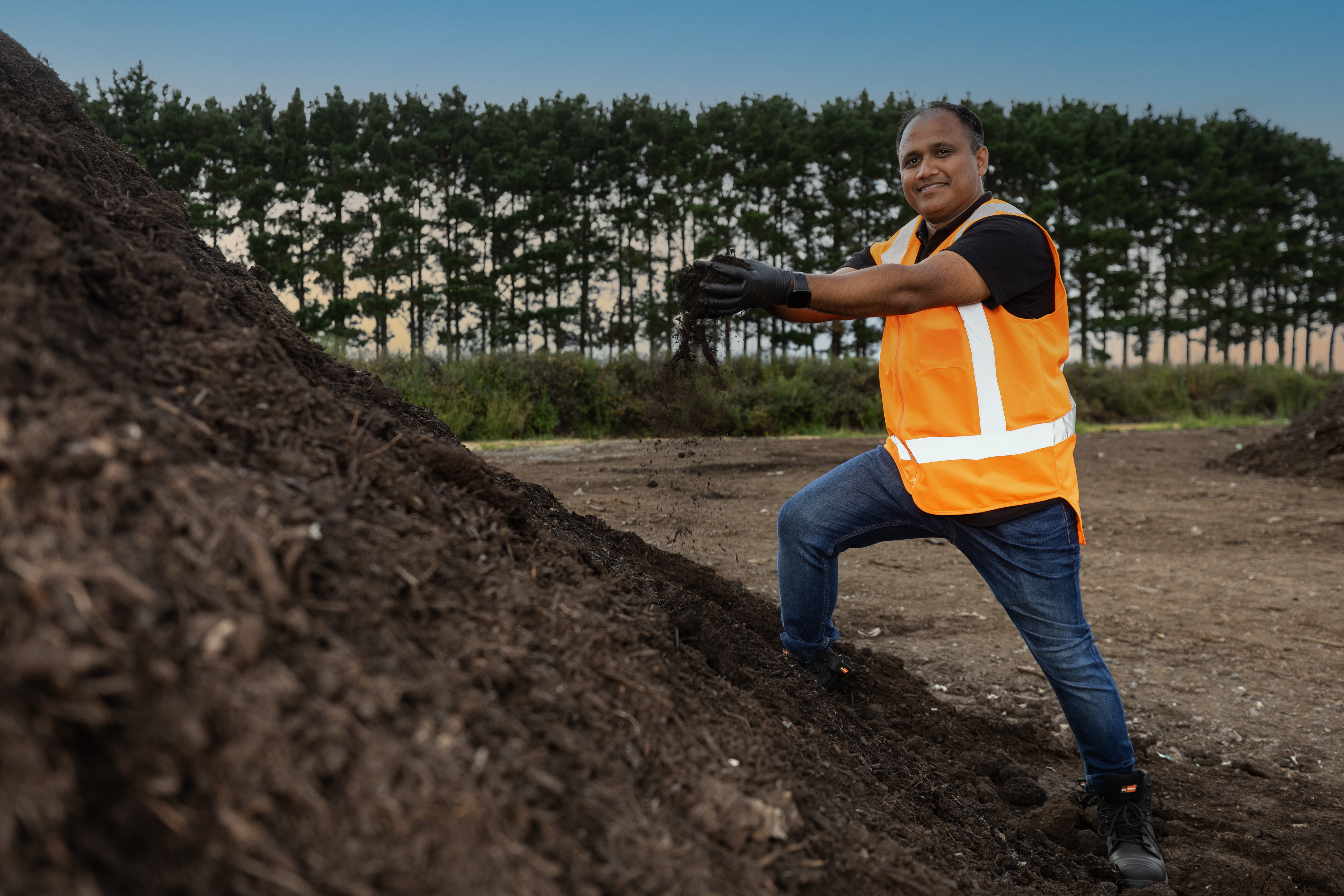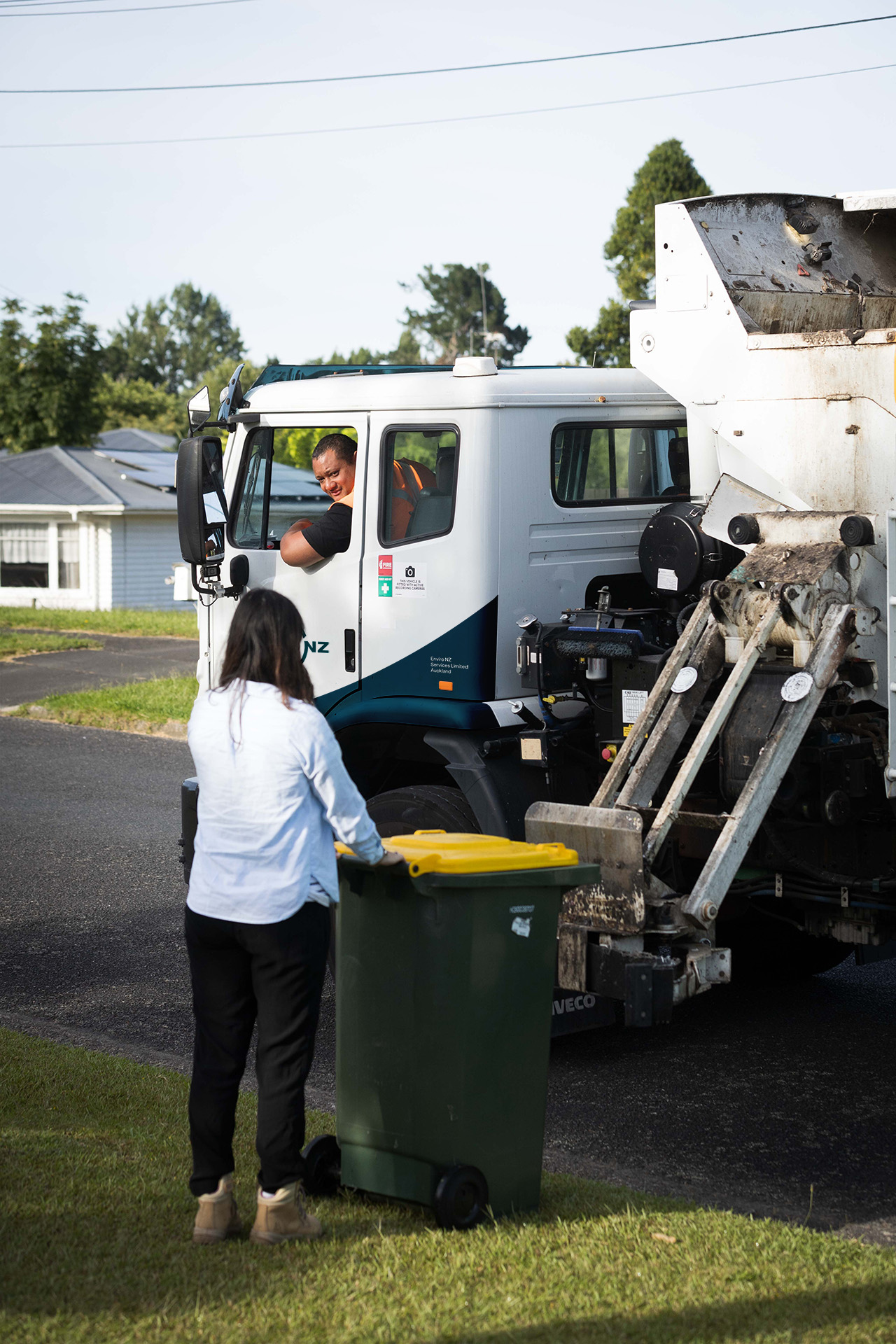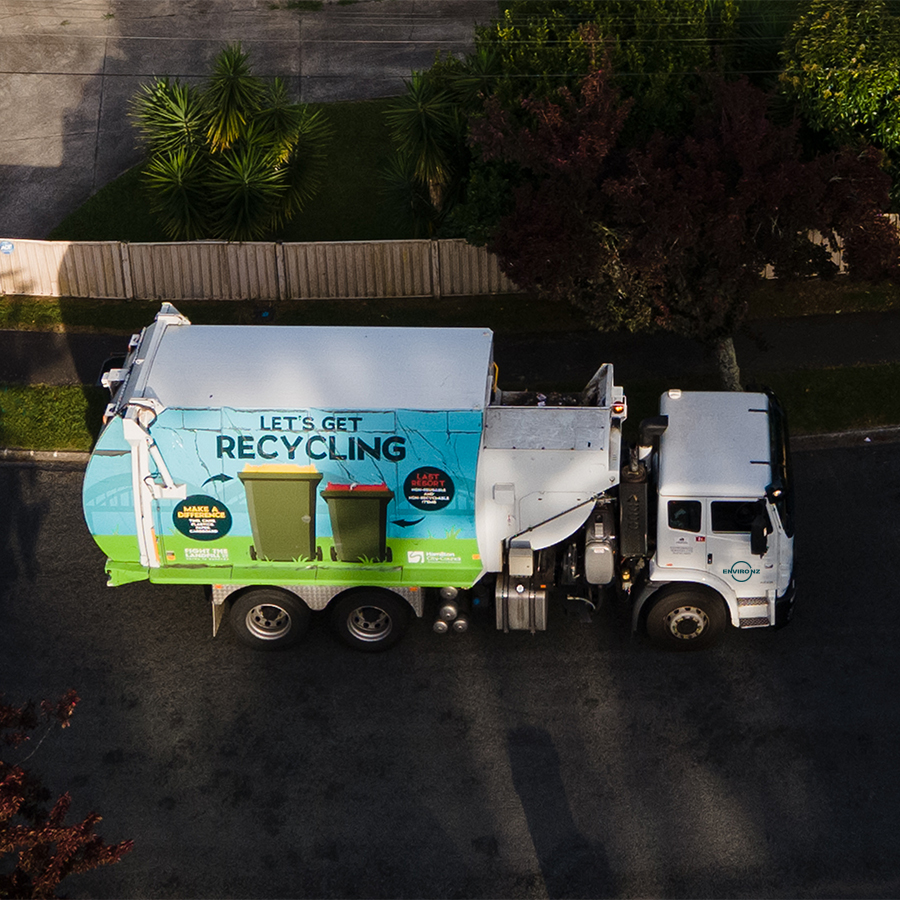Whether you're a busy cafe, a bustling supermarket, or feeding your staff at an on-site canteen, we have a sure-fire recipe to help your business do good with your food scraps.
Why do my food scraps matter?
You may be surprised to learn that food waste can have a significant impact on the environment. When left to decompose in landfill, a kilogram of food scraps has the potential to produce over two kilograms of greenhouse gases. While businesses like Enviro NZ work hard to capture over 90% of these gases, the residual emissions can still have a significant impact on our environment.
The Ministry for the Environment has estimated that New Zealand homes and businesses send more than 300,000 tonnes of food to landfill each year. Food and organic waste is held responsible for around 9% of New Zealand’s biogenic methane emissions and 4% of national greenhouse gas emissions.
How is Enviro NZ helping local businesses with their food waste?
We’ve invested in services and infrastructure to help local businesses reduce emissions and maximise resource recovery from food waste. Our methods include:
Waste reduction
To combat food waste, we need to start at the source. We work closely with our customers to help them achieve their goal of introducing more sustainable practices by providing businesses with waste audits, education and advice. We can set you up with detailed waste reporting to help you track progress and focus your sustainability efforts.
Collections
With established commercial food waste collection services in Auckland and Wellington, we’ve recently introduced food recovery services in Hamilton and Tauranga, helping local businesses reduce their waste to landfill. Click here to get in touch.
Composting
Collected food scraps are taken to specialist facilities for processing and then transformed into nutrient-rich compost. This compost is used to enrich soil and promote new growth in agriculture, as well as gardens and parks across the country.
Recovering and repurposing
When post-industrial food waste is unavoidable, as can happen in large-scale manufacturing settings, we work with our customers to find alternative solutions to landfill.
There are plenty of ways to use food waste for good: Enviro NZ partners with the New Zealand Food Network to redistribute bulk surplus to New Zealanders in need, we repurpose food waste into stock feed, and we create biofuel from waste oils.
Talk to us about your options.




